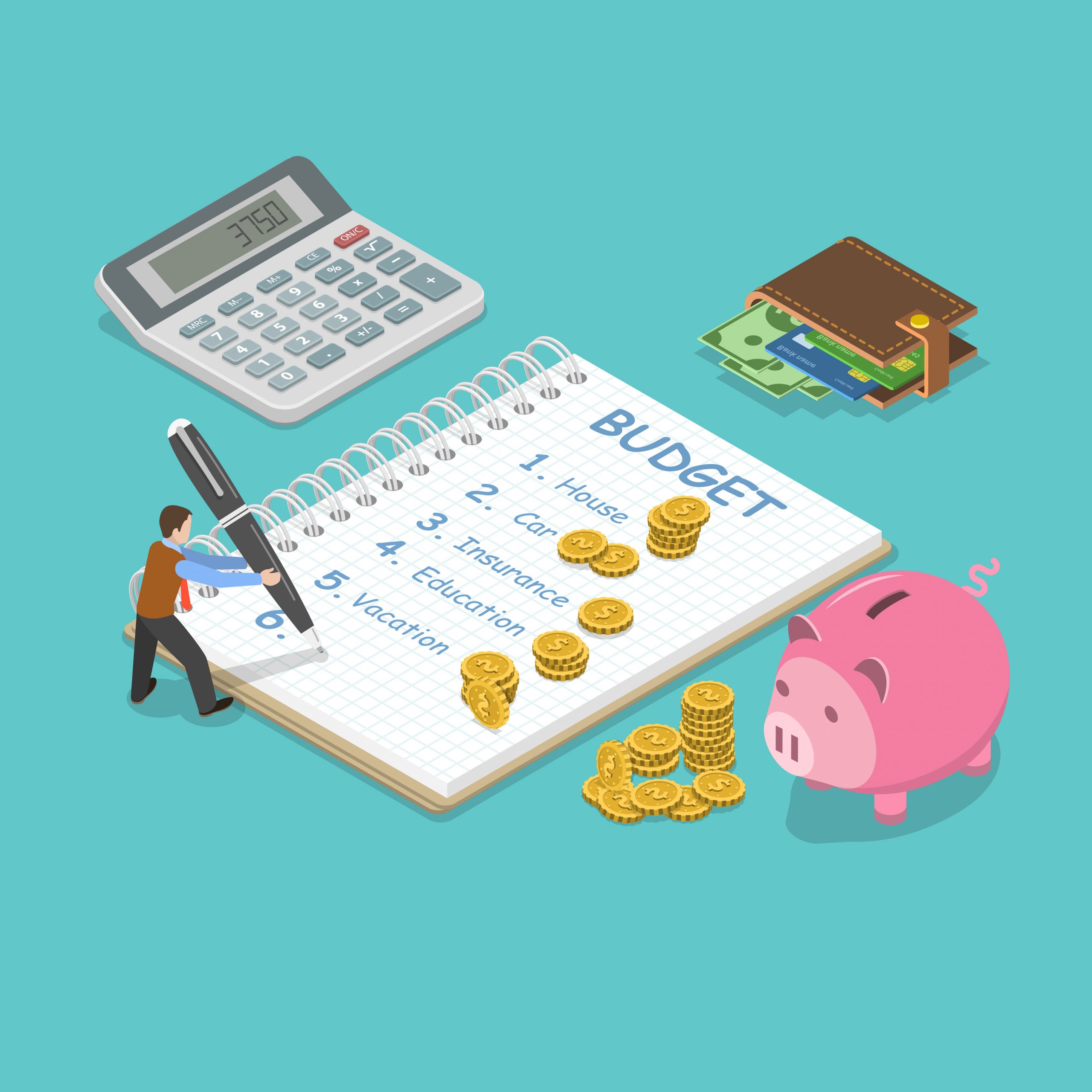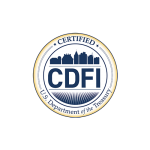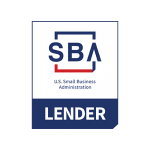
A brand new year is a great time to start building healthy financial habits. When you’re making this year’s resolutions, try setting some goals that focus on organize your finances. Getting your finances in order is something that should be on the top of your list.
The first step in getting your finances in order is to develop a system for organizing all your papers and documents. Having important documents scattered about your desktop is a sure way to waste time, bred confusion and increase your anxiety. Here are some strategies to get your new year started on solid footing.
Dedicate a specific time every month to review your finances.
Book a regular appointment with yourself to review your existing finances. Make this a relaxed and uninterrupted time where you can review your current situation and plan for the future. Commit to making this time a priority and reminder yourself that you are creating an action plan for creating your path to financial freedom.
This dedicated time period reinforces to yourself that you are serious about improving your finances and are taking actions to accomplish your goals. monthly
Balance your checkbook and review spending.
Prior to the days of online-banking it was important to balance your checkbook every month. Today however, depending on how complex your finances are, a through review of last month’s bank statement is all that you might need. You can see at a glance what your balance, which checks have cleared and what purchases have been made with your bank card. Look for any discrepancies or unauthorized payments. Print out the bank statement and enter the data into your tracking program.
Evaluate your budget.
Create a monthly budget and review it against your statement. Print off your bank statement and enter the data into you tracking program. Break out all entries into major categories, If you use a program like Quicken, it will do this for you automatically. Take a good look at where you spent your money. Did you stay on track with your spending? Did you get charged any unnecessary fees for late payments? Did you make too many impulse buys? Did spending on utilities or food increase?
The most important thing to watch is keeping your expenditures below your income. You want to make certain that you can meet all your monthly bills and basic living essentials. If not, you may need to reassess your spending and saving habits or consider new opportunities for increasing your income. By having a budget and sticking to it, you’ll get a better sense as to how on track you are to achieving your financial goals.
Use a bill payment system.
Designing a good payment system for yourself is one on the best things you can do to organize your personal finances. If you still get bills in the mail, they should be immediately placed into a special file drawer or other specific location. Get this habit down. Don’t mix up your bills with all the other paper in your life. Plan on paying new bills once a week or every two weeks.
If you have your monthly bills on automatic payment, be sure to review each account in your monthly review session. Keep needed financial records like printed copies of monthly bank statements, receipts and check stubs in other items in the same bill paying system. Be sure that each category is in its own folder or envelope. Doing this makes it very simple to look something up when necessary.

Organize your expenses, as you spend.
One way to rein in spending is to record every expenditure you make in a month. This habit helps you become more mindful of your spending patterns. Keep a notebook with you and record each expense. It can be referred to as an expense summary or a spending journal; which is a great way to organize your finances. You can also use a program like Quicken or Excel to log your expenditures. But a simple pen and notebook works just as well. It is a tool to help you become more mindful of your spending.
Keep all your tax information together.
You can use your bill payment system to store all your tax information. Just create a separate folder or file for this purpose. This should include receipts for donations, bank statements, W9 and other related information. It will be a lot easier come tax season to know that all tax related items are in one folder ready to take to your preparer. You won’t have to go crazy looking for things.
Consolidate your credit cards.
It is easier to organize your finances when things are simplified. If you have multiple credit cards, consolidate all of your expenses on one single credit card. Chose the one with the lowest interest rate or offers cash-back or air mileage. This results in less confusion and it provides you with a clear picture of the debt you have accumulated. Plus, you will only have one check to write out each month. If you are way over extended you may want to consider a debt consolidation program and make reducing debt your top financial priority.
Other behaviors to help get your finances under control.
Pay yourself first.
It is easy to focus on paying down your debt and bills, but try to develop the habit of making your savings account, the first bill to be paid. This one habit of paying yourself first signals to your brain that saving money is your number one financial priority. This money that you set aside for yourself can be used towards your retirement or an emergency fund. You can even set up and automatic plan to regularly deposit specific amounts towards those accounts so you don’t forget.
Speaking of automation.
If you have an adequate income that meets your needs, consider having any recurring bills set up for automatic payment. You can set-up monthly automatic transfers so that a designated amount is sent to a separate saving account before you have a chance to spend it.
If you haven’t already, go paperless by setting up automated bill paying so that monthly bill payments and charitable contributions are automatically withdrawn from your bank account. Not only does this ensure you never miss a due date, it removes the hassle of sitting down to do your bills manually each month. Make the way you organize your finances simpler!

Save more
Most Americans are not saving enough for retirement. Whatever you may be putting aside already, consider paying your future self a little bit more by increasing your weekly or monthly savings by at least a percentage or two. Ideally, you want to have saved between 8 and 12 times your annual salary when you’re ready to retire. Review your pension funds and other investments to ensure that you are saving enough for your retirement.
Spend less
Look for ways you can cut back on your monthly expenditures. Analyze all categories of expenses and see where you can reduce spending. This mostly will apply to your discrepancy consumption and not to your fixed monthly expenses such as rent and car payments. Clothing, travel and entertainment are categories that can be reduced first. Be creative and see if you can reduce your overall spending by 10%. Make small changes in your lifestyle and try to buy only what you really need.
If you can make these few changes in your behavior, you will be on your way to greater financial freedom. You can live a great life on a modest income if you can get your expenses under your income. Make the decision to make your financial life a priority and you will be on your way to a better life.






